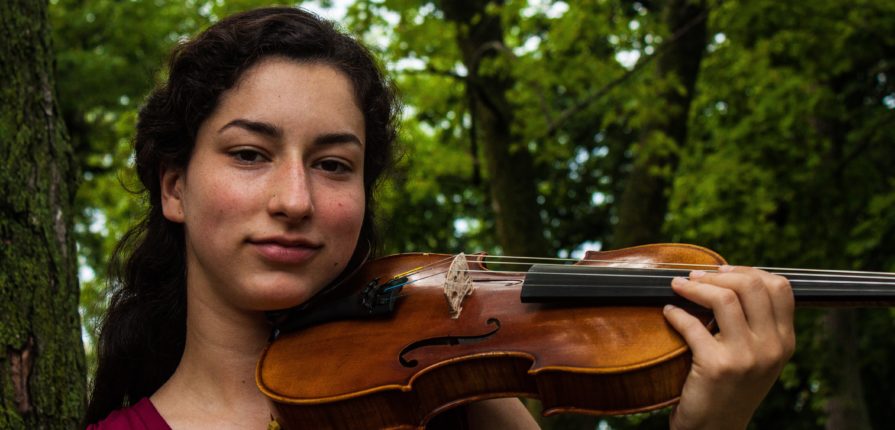Learning to play the violin is a challenging thing to do. So, here are five things you should consider before you decide to embark on this fantastic journey! Of course, the more prepared you are, the better.
—
Thursday, February 2nd
Here are some essential things to consider when pondering whether or not to choose the violin as your musical instrument.
Practicing Is Essential
Violin, like every other instrument, takes a lot of practice. You will need to practice almost every day if you want to master it. It’s not an easy task; you will learn quickly and effectively with time and dedication.
Teachers will encourage your practice, and you shouldn’t feel embarrassed when you start. Instead, embrace all the mistakes you make and manage your expectations. Enjoy the process, and be confident you’ll make it if you practice!
It is a Hard Learning Process
We’re sorry, but it’s a fact. Learning to play the violin is hard work. The violin is a notoriously difficult instrument to master.
If you ever start to feel discouraged, remember it is normal to feel this way when starting—comparing yourself with others who have more time playing would be unfair. Instead of thinking about it as a competition, see it as an opportunity to set clear goals and work towards achieving them.
It’s Very Physical
Professionals who have played the violin for many years make it look easy. So it’s common that people don’t expect it to be such a physical activity. It involves a lot of different skills, such as strength, agility, and muscle memory.
To master all the techniques involved in playing the violin, you can follow your teacher’s exercises, which are designed to build up your strength over time.
You May Need Extra Equipment
The instrument is one of many investments you’ll make if you learn the violin. In addition, there are quite a few extra accessories that you will need to factor into your budget. These will be especially important if you are determined to be great at the violin.
One of the main accessories you will need is a violin case. Another accessory that comes in handy at the beginning is a shoulder rest. Also, consider maintenance—rosin, new strings, and violin cloth must be purchased when you first start playing.
Metronomes are recommended for beginners because they can help you to stay on beat. You can set a steady beat and play along to it. This will help you if you plan to play as part of an orchestra or ensemble.
Your Violin Will Probably Be Noisy
Even professional violinists find that their instruments can sound noisy and scratchy every so often. However, it’s this noisiness that is a great thing. Think of where you hold your violin as you play – it’s right by your ear.
Always remember that we can support you on your learning journey; you are absolutely not the only beginner. Learning with others can be a huge help, especially when feeling discouraged.
This article is a re-post, with minor modifications, of “7 Things to Consider When Learning to Play the Violin,” published on riverbeats.com


